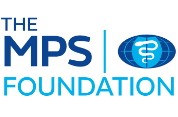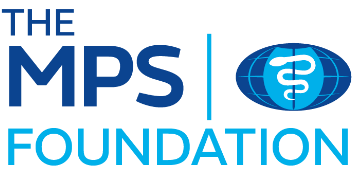Project title
Intention to leave clinical practice amongst doctors working in emergency departments in two Caribbean islands
Country
Barbados, Trinidad and Tobago
Background
Intent to leave (ITL) has been defined as a conscious, deliberate desire to leave an organisation at some point in the near future. Emergency Medicine is one specialty identified with high intent to leave medicine and direct patient care. Previous studies have linked this to the high level of burnout that emergency physicians experience and the imbalance of effort-reward was found to be most predictive of ITL. A study by Lovell et al in 2022 demonstrated high burnout among the understudied Caribbean population of emergency physicians 1– thus, it is possible that those working in the field of Emergency Medicine in the Caribbean may have an intention to leave the specialty or the profession.
There is a paucity of literature in the Caribbean with respect to ITL, with no published studies investigating physicians working within emergency departments. With the Sustainable Development Goals targets of 2030, and the World Health Organisation’s mission to enhance the healthcare capacity, it is crucial that these Small Island Developing States build and strengthen our healthcare systems and resources, including the most vital resource: our healthcare workers.
1 Lovell LM, Atherley AE, Watson HR, King RD. An exploration of burnout and resilience among emergency physicians at three teaching hospitals in the English-speaking Caribbean: A cross-sectional survey. The Lancet Regional Health–Americas. 2022 Nov 1;15.Summary
A convergent mixed methods design will be used to evaluate prevalence of intent to leave and explore the underlying factors that influence decisions to leave or stay in clinical practice. The study population will be those working in the emergency departments on two Caribbean islands for more than one year. Quantitative and qualitative data will be conducted in parallel. This design allows for comparing the different perspectives while also providing a holistic understanding of the phenomenon and informing the development of culturally appropriate interventions.
Data will be collected using self-administered online surveys (quantitative phase) and virtual focus groups (qualitative phase) will allow for dissemination of research tools across different geographic backgrounds.
Outcome
The project findings will add to the evidence base on the wellbeing of doctors working in emergency departments, and on the factors that contribute to their intentions to leave clinical emergency medicine in the Caribbean region. This information will have the potential to impact healthcare workforce planning and have implications for patient safety and delivery of care in these settings.
We hope the results will be used by the healthcare organisations to develop strategies to strengthen retention of physicians in emergency medicine, as well as in the medical profession generally, and foster positive workplace environments. We anticipate that the results will be used to encourage physicians and workplaces to prioritise the self-care, career goals, and wellbeing of physicians.

